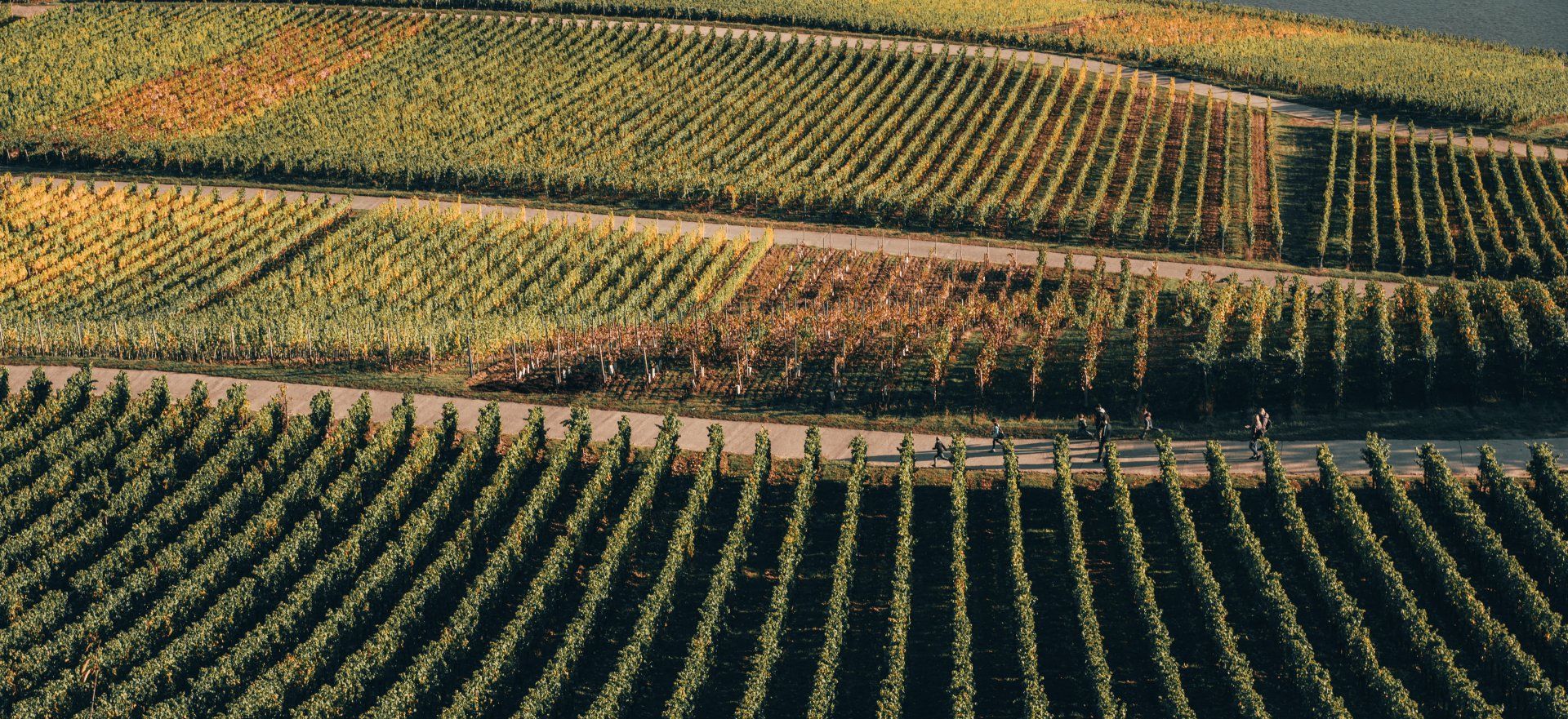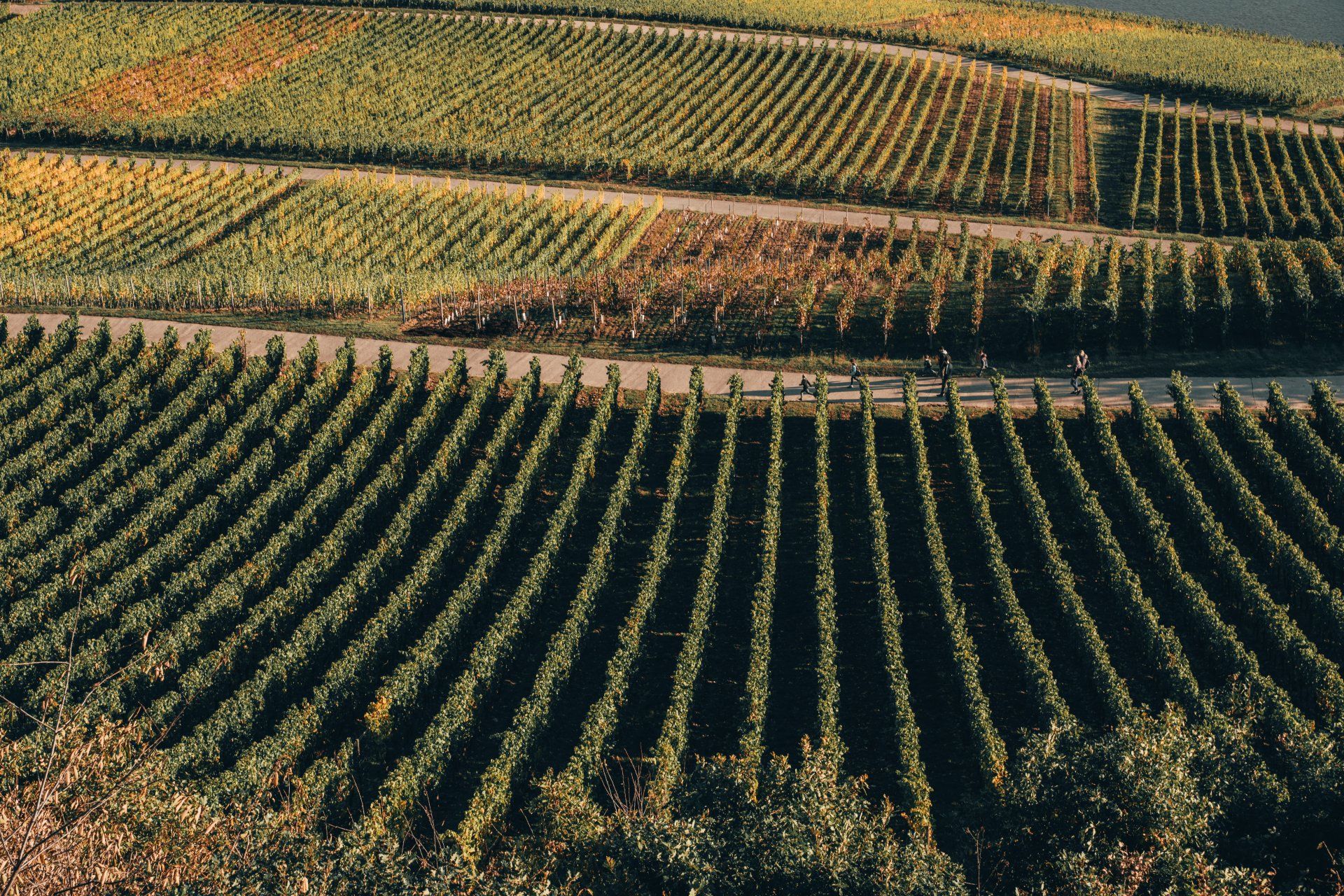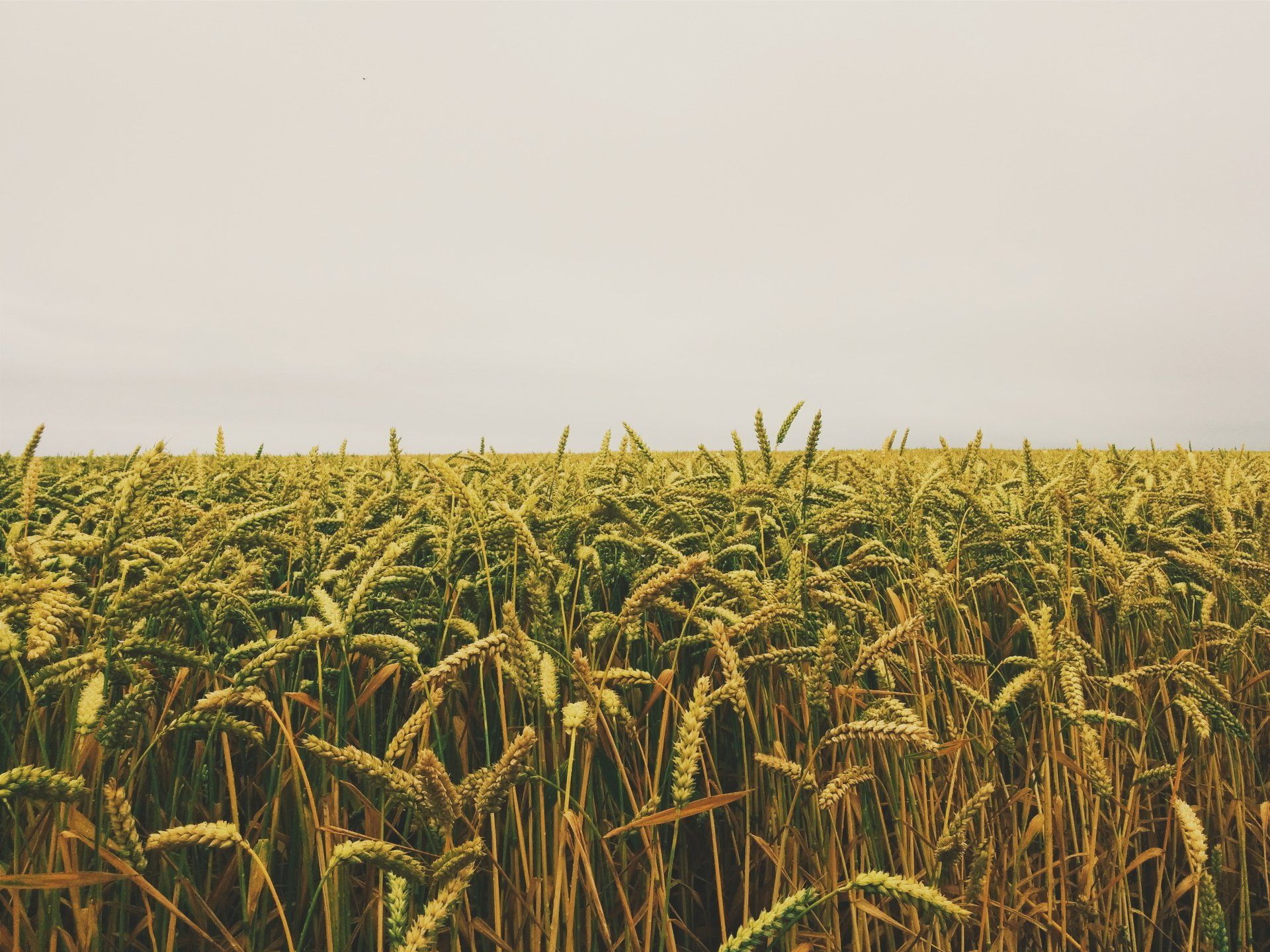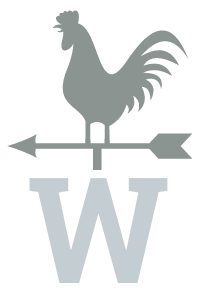Blog Layout
Key Considerations When Buying a Farm Property
Key Considerations for Farm Property Purchases
Are you considering purchasing a farm property?
Whether you are envisioning a new agricultural venture or a tranquil rural retreat, the decision to buy a farm involves careful planning and evaluation.
Here are essential factors to guide your decision-making process:
Whether you are envisioning a new agricultural venture or a tranquil rural retreat, the decision to buy a farm involves careful planning and evaluation.
Here are essential factors to guide your decision-making process:

1. Clarify Your Motivation
Begin by clearly defining your reasons for wanting to buy a farm. Are you looking for a sustainable lifestyle change, a business opportunity, or a combination of both? Understanding your motivations will help shape your search criteria and ensure that the farm property aligns with your goals.
2. Financial Planning and Revenue Forecast
Before investing in a farm, conduct a thorough financial analysis. Estimate the initial investment required, ongoing operational costs, and projected revenue streams. Develop a realistic revenue forecast based on your intended agricultural activities to assess the financial feasibility of the farm purchase.
3. Assess Water Sources and Regulations
Evaluate the availability and quality of water sources on the farm property. Determine if there are any water rights or regulations that may impact your agricultural operations. Adequate water access is essential for irrigation, livestock, and daily farm activities, so ensure compliance with local water usage laws.
4. Determine Optimal Land Size and Usage
Consider the size of the land needed to support your farming objectives effectively. Whether you plan to grow crops, raise livestock, or engage in mixed-use farming, accurately calculating the required acreage will optimize productivity and minimize unnecessary expenses.
5. Soil Quality and Environmental Considerations
Assess the soil quality and environmental factors of the farm property. Conduct soil tests to evaluate fertility, drainage capabilities, and suitability for your desired crops or livestock. Consider environmental conditions such as climate, natural hazards, and local zoning regulations that may affect farming operations.
6. Evaluate Existing Infrastructure
Inspect the existing infrastructure on the farm, including buildings, fences, and equipment. Assess their condition, functionality, and alignment with your farming needs. Evaluate the cost and feasibility of repairing or upgrading infrastructure to support your operational requirements.
7. Location and Market Accessibility
Evaluate the farm's location in relation to markets, suppliers, and community resources. Proximity to markets and potential buyers can enhance the marketability of your farm products. Consider transportation access, community support, and local amenities when selecting a location that supports both productivity and quality of life.
8. Partner with Expert Guidance
Navigating the complexities of buying a farm property can be daunting. Seek guidance from professionals familiar with farm real estate and local market dynamics. A knowledgeable advisor can provide valuable insights, identify suitable properties, and assist in negotiating favorable terms.
Buying a farm property is a significant decision that requires thorough research and careful consideration of various factors. By addressing these key considerations—motivation, financial planning, water sources, land usage, soil quality, infrastructure, location, and expert guidance—you can make informed decisions and embark on a successful farm ownership journey.

July 10, 2024
Appraising farms, like any other asset class, requires a certain level of competence from a Professional Appraiser (P. App.). A high degree of knowledge and professionalism is expected by clients in the agricultural space — and deservedly so. Part of the allure of being an appraiser is meeting the challenges of diverse projects to learn the nuances that determine value in any market. Fortunately, we do not have to walk a mile in someone else’s ‘boots’ to get an idea of what they find valuable about a farm property, although it definitely helps. Despite general agriculture zoning and permitted uses typically being similar, a cash cropper’s land requirements will vary considerably from those of a market garden grower and, even more so, from a horse farm or other livestock operation. Considering highest and best use in more specific detail is paramount to learning the driving forces behind farm values in certain areas. So, let’s harvest some of real estate’s general principles and apply them to a farming context by examining how wars, disease, weather, and interest rates will keep prices of farmland dynamic for years to come, and how basic valuation adjustments and units of comparison differ by consumer types in agricultural appraisal. Prime location can have very different meanings based on how a land user intends to apply its features. For example, boarding horses close to an urban centre is convenient, as recreational horse-riding often draws from suburban participants as opposed to a rural crowd. By the same token, standard and thoroughbred racehorses are often located near racetracks. These, again, rely on urban populations. On the other hand, livestock farm values are less inclined to correlate with urban proximity, but instead prioritize geographies with fertile soil. Other more traditional farming areas place a high value on flat grounds for large machinery, uniformly shaped parcels, and proximity to grain elevators or livestock producers, as opposed to urban areas. The Direct Comparison Approach (DCA) to value is often the primary method of valuation for the average farm. When considering more improved farms, support from the Cost Approach (CA) can be helpful to supply reassurance that the values shown in the Direct Comparison Approach are reliable. There are very few instances where the Income Approach has relevance when valuing farms. This is mostly to do with the fact that most farms and accompanying structures are typically owner occupied and the ones that are not often have unique rental circumstances and limited market data to deliver reliable lease or capitalization rates. In addition to selecting the best comparable sales, selecting the most relevant unit of comparison is a crucial exercise when using the Direct Comparison Approach to value farms and farmland. At a high level, cash croppers are primarily concerned with workable land, so using a rate per workable acre is often the most relevant approach. When the subject has less than 75% workable acres on their entire farm, there are circumstances where overall rate per acre might be more applicable than using a rate per workable acre. When farms are bought for more recreational or rural residential purposes, comparing the total sale price and making adjustments thereon is more practical than trying to apply a rate per acre, because these buyers are not necessarily using the number of acres to make their buying decision. Overall, selecting sales most comparable to the subject is always the key to substantiating value. Using sales of properties which would appeal to similar market participants provides the best information to then make sound conclusions and arrive at a final estimate of value. The COVID-19 pandemic has been talked about enough over the past few years, so we will keep the point short and sweet here as to some of the pandemic-related trends we witnessed from 2020 through 2023. The metropolis exodus is more or less over and many people are returning to their regular commuter lifestyles. The appeal of owning rural property and hobby farms has subsided, as maintenance and upkeep of these property types takes a great deal of money and, more importantly, time. During the pandemic, the 10- to 50-acre farms just outside of urban centres saw some of the biggest jumps in value, as borrowing costs were low and people flocked to have more space. Fast forward to 2023 and Canadians are essentially back to work and areas of the country with bad cell reception or poor internet connectivity might not fit the hybrid model that many now follow in their workplaces. The country lifestyle that so many dreamed of during the pandemic does not always facilitate the hybrid work model that so many now follow. In fact, we have noticed that these hobby farms and rural estate properties experienced the largest decline in value as interest rates began to increase. As the housing market cooled in some urban areas in early 2022, the working farm not only maintained its value, but increased in value. The 2022 FCC Farmland Values Report illustrates this growth, with land value increases of 8.0% to 19.4% making the average national increase in farmland value 12.8% for the period between 2021 and 2022. (Note: Due to lack of data, these figures exclude Newfoundland and Labrador, Northwest Territories, Nunavut, and Yukon.) This increase in value is the highest since the farmland value boom of 2012/2013. Like all things in our economy, value is driven by supply and demand. Events such as Russia invading Ukraine, a major world corn and soybean producer, created fears of supply shortages. In turn, commodity prices shot up. When prices of animal food like corn and soybeans rise, so do prices of those animals, as well their meat and byproducts like eggs, milk, and cheese. In addition to supply and demand, inflation has seemingly played a large role as well. For a period, the traditional bank barn, older livestock barns, and even farm sheds were nearing the end of their useful lives. However, when the costs to replace or rebuild some of these structures skyrocketed, farmers began to use repairs, additions, and alterations to squeeze some extra utility out of structures that would otherwise be ‘taken out to pasture’. Contributory values placed on some older farmhouses and livestock buildings saw a definitive bump from years past, when some of these structures would have been, for all intents and purposes, written off. In general, some of these trends are starting to return to what would have been seen pre-pandemic, but appraisers have had to be cognizant of these trends over the last few years. Staying up to date with trends in agricultural building code is also important while valuing livestock buildings. Nearly all sectors have had some guideline changes centered around improving animal welfare. The table below indicates a few notable changes.

June 28, 2024
May Data Highlights from CREA: Home sales in Canada dipped by 0.6% in May compared to April. The number of newly listed homes rose slightly by 0.5% in the same period. The MLS® Home Price Index (HPI) showed a marginal decline of 0.2% from April to May. Why the Stability? CREA's Senior Economist, Shaun Cathcart, described May as a "quiet month for housing activity in Canada," possibly one of the least eventful in recent years. However, this may change soon as the data does not reflect the market's response to the Bank of Canada's rate cut announcement on June 5. Cathcart anticipates that June will provide a clearer picture, with Canadians gaining confidence that interest rates are stabilizing or decreasing. This could prompt many potential buyers to enter the market, although some may still wait for further rate reductions. Cathcart advises caution, noting that even with potential rate cuts, we won't return to the low interest rates seen in 2021. Current expectations suggest that rates will not decrease by more than half of their peak values. Increase in Listings To balance the market, an increase in listings is crucial. Currently, there are 175,000 properties listed on Canadian MLS® Systems, marking a 24.8% increase from the previous year. However, the growth rate for new listings in May was just 0.5% compared to April, which is still below historical averages. The national sales-to-new listings ratio slightly decreased to 52.6% in May from 53.3% in April, maintaining balanced market conditions. James Mabey, CREA Chair and Edmonton-based REALTOR®, noted that the initial rate cut could release pent-up demand into the market, with buyers finding more homes available now than in almost five years. Price Trends Nationally, the average sale price in May 2024 was $699,117, a 4% decrease from May 2023. While prices remain relatively stable, cities like Calgary, Edmonton, and Saskatoon are seeing upward trends. Bank of Canada's Role Cathcart emphasized the uncertainty surrounding the interest rate easing cycle and its dependence on the U.S. economy's performance. A significant divergence between Canadian and U.S. economic policies could reignite inflation concerns. However, recent positive inflation data from the U.S. might lead to rate cuts there, reducing potential divergence issues. Cathcart also mentioned that the Bank of Canada is closely monitoring the upcoming renewal of five-year fixed mortgages, initially set at sub-2% rates, which will begin as early as summer 2025 . Reference: Canadian Real Estate Association (CREA)



